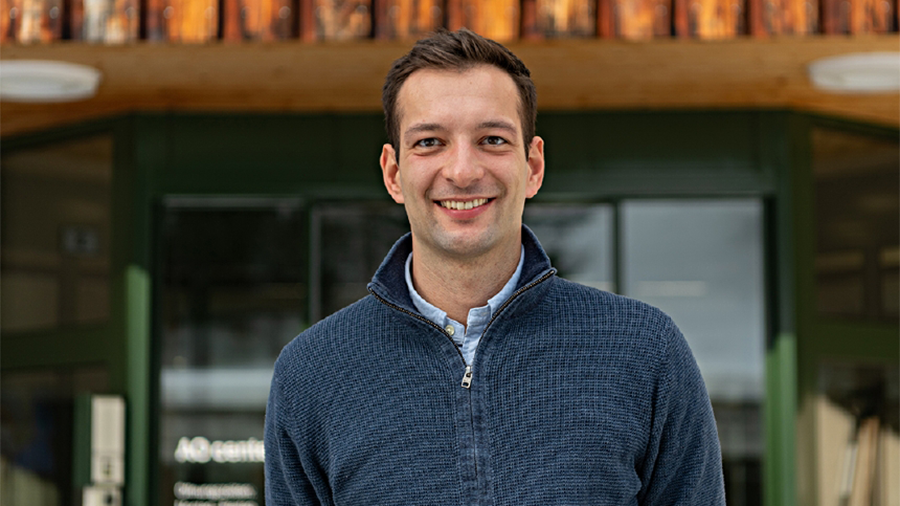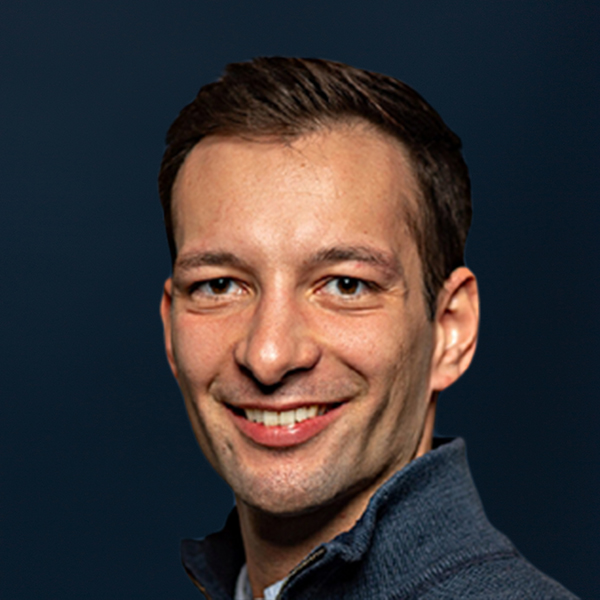From all over the world to Davos

Jan Gewiess joined the AO Research Institute Davos (ARI) as a research fellow in 2020. A medical graduate from Kiel University in northern Germany, Jan interrupted his orthopaedics and trauma surgery residency at the University Hospital of Munich after one year in order to come to Davos.
"It was great to be able to take a break from the clinical day-to-day and spend some time doing something completely different that nevertheless has a direct connection to what I usually do and is immediately relevant to current and future developments in terms of patient care," Jan explains his decision.
With a long-standing personal interest in basic research in relation to spinal orthopaedics, Jan joined ARI's Regenerative Orthopaedics program for his nine-month-fellowship. As part of a team of researchers led by Prof Mauro Alini, Dr Marianna Peroglio, and Dr Junxuan Ma, he used organ cultures in a bioreactor to investigate the relationship between the cells of the dorsal root ganglion and the intervertebral discs. The objective was to gain a better understanding of the factors that cause back pain to emerge, develop, and endure.
In the bioreactor, intervertebral discs from large animals were subjected to mechanical stress. "Our aim was to establish whether the discs react to deformative loads by sending out some kind of stimulative signal to the nerve cells in order to explore the mechanism of low back pain."
The project has yielded a research paper in the first year, which is due to be submitted for publication. Jan also used his time at ARI to complete what he calls a side project. The results of this research, on the distal clavicle, are also due to be published in a paper.
To Jan, one of the most striking aspects of his time in Davos was the combination of living in an alpine resort with limitless options for sports and leisure, and working at a world-leading research institute.

“It's part of what makes an ARI fellowship so attractive: you can use cross-country skis for your morning commute and then work all day at a place where numerous fundamental milestones have been achieved for our discipline.”
Jan Gewiess, ARI fellow

